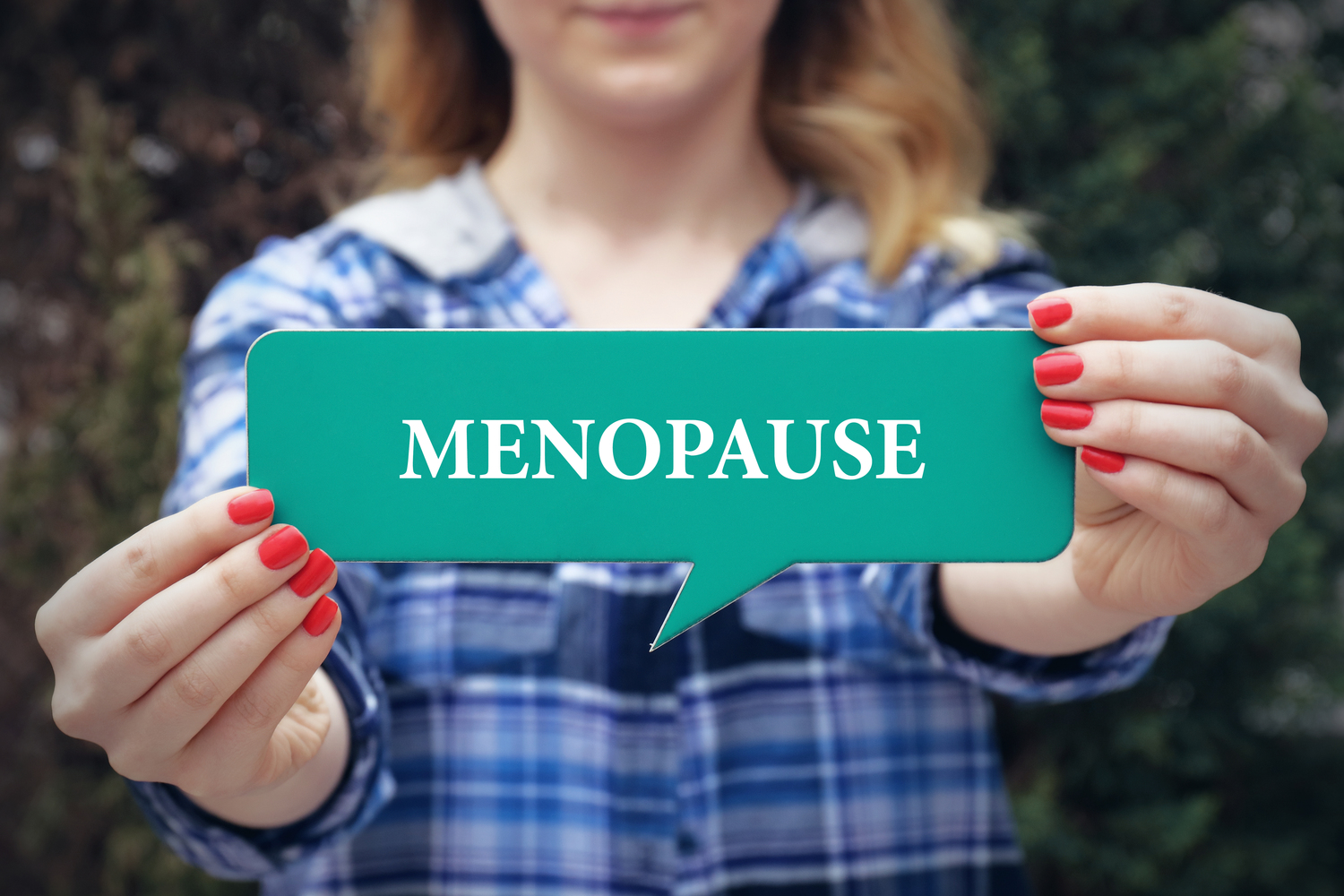
The Most Common Menopause Symptoms
As a woman ages, they will go through menopause, a natural life transition that results from the cessation of the menstrual cycle for a period of 12-months. Perimenopause is the duration prior to full menopause when the ovaries start to gradually produce less estrogen. Perimenopause can begin as early as 40- to 50-years old, and it may last until full menopause, which may take a few months to 10-years to arrive.
The symptoms of menopause will vary with each woman, and could be short term or last for a prolonged number of years:
1. Hot flashes
This is one of the most common symptoms of menopause, and could start four years before the actual menstrual cycle stops. Hot flashes can occur day or night. Nighttime hot flashes are better known as night sweats or flushing. If these symptoms become severe and drastically interfere with sleep, hormone replacement therapy may be advised.
2. Irregular periods
Changes in menstruation is a common symptom for perimenopause, menopause, and postmenopause. These changes could include unusually heavy menstrual cycles, or light bleeding during the cycle. The changes could last past the onset of menopause, and into the years of postmenopause. Hormone therapy is often used to regulate menstruation during this time for women under the age of 60.
3. Vaginal dryness
This symptom is experienced by the majority of women going through menopause. The changes in the production of hormones (i.e., estrogen) may cause the vaginal walls to thin, which means that there are less cells to secrets moisture. This could cause low libido in women, and menopausal dyspareunia, which is painful intercourse. Dryness in the vagina can cause burning, soreness, light bleeding, itching, and urinary tract infections. A physician can determine the best course of action for the treatment of vaginal dryness.
4. Insomnia
With a lesser production of the key hormones estrogen and progesterone, menopausal symptoms may also cause sleeplessness, or insomnia. This is a health disorder that will prevent a person from getting the adequate sleep needed each night. It will be difficult to fall asleep, and once sleep happens it will be difficult staying asleep.
5. Weight gain
Weight gain related to menopause does not happen overnight. It can be a gradual occurrence that involves many factors. Depression and anxiety are common among menopausal women as well as mood changes. These changes could cause a woman to eat more than usual, or snack more. These factors coupled with the hormone reductions will cause a weight gain over time. Lack of sleep due to menopause may also result in weight gain.
6. Sore or tender breasts
This symptom of menopause may not be experienced by all women. Breasts will often get sore during pregnancy or as part of premenstrual syndrome (PMS), but the soreness during menopause is slightly different. Some women experience a burning sensation, heaviness, or a dull ache in both breasts. Breast discomfort is not felt in the same way in all women.


